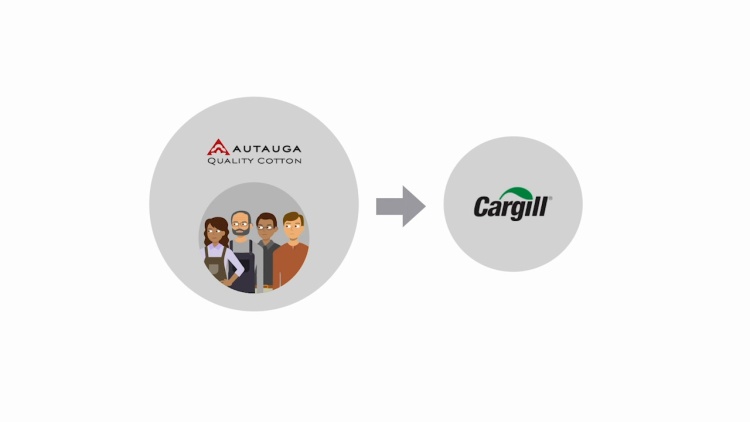Autauga Quality Cotton Association v. Crosby
United States Court of Appeals, Eleventh Circuit
893 F.3d 1276 (2018)
- Written by Angela Patrick, JD
Facts
Autauga Quality Cotton Association (plaintiff) was a nonprofit marketing association that pooled cotton from many farms for sale. The Crosby family’s cotton farm, (Crosby) (defendant) entered into a marketing agreement with Autauga to participate in this communally beneficial pooling. In the marketing agreement, Crosby agreed to provide all its cotton from certain farming parcels in a given year to Autauga. In exchange, Autauga would sell the cotton, keep a portion to cover Autauga’s operating expenses, and then give the rest of the sale proceeds to Crosby. The marketing contract also had a liquidated-damages provision. This provision said that, if Crosby breached the contract and equitable relief was unavailable, then Crosby would owe Autauga the difference between: (1) the price of cotton on the New York futures market after the breach, and (2) the highest price that Autauga received for any cotton from that year’s crop. One year, Crosby sold its promised cotton to someone else, breaching the marketing contract. Autauga sued Crosby, claiming that Crosby owed approximately $1.3 million under the liquidated-damages provision. In the lawsuit, Autauga changed the claimed amount of liquidated damages several times, eventually settling on a claim of approximately $1.696 million. This amount was greater than 80 percent of the total value of the crop that Crosby was supposed to have provided to Autauga. This requested amount was also three times the total of Crosby’s net earnings from the year of the breach. During the dispute, Autauga’s own expert testified that the purpose of the liquidated-damages clause was not to approximate Autauga’s actual losses from the breach, but rather to create a “disincentive for a farmer to not perform.”
Rule of Law
Issue
Holding and Reasoning (Newsom, J.)
What to do next…
Here's why 907,000 law students have relied on our case briefs:
- Written by law professors and practitioners, not other law students. 47,100 briefs, keyed to 996 casebooks. Top-notch customer support.
- The right amount of information, includes the facts, issues, rule of law, holding and reasoning, and any concurrences and dissents.
- Access in your classes, works on your mobile and tablet. Massive library of related video lessons and high quality multiple-choice questions.
- Easy to use, uniform format for every case brief. Written in plain English, not in legalese. Our briefs summarize and simplify; they don’t just repeat the court’s language.





